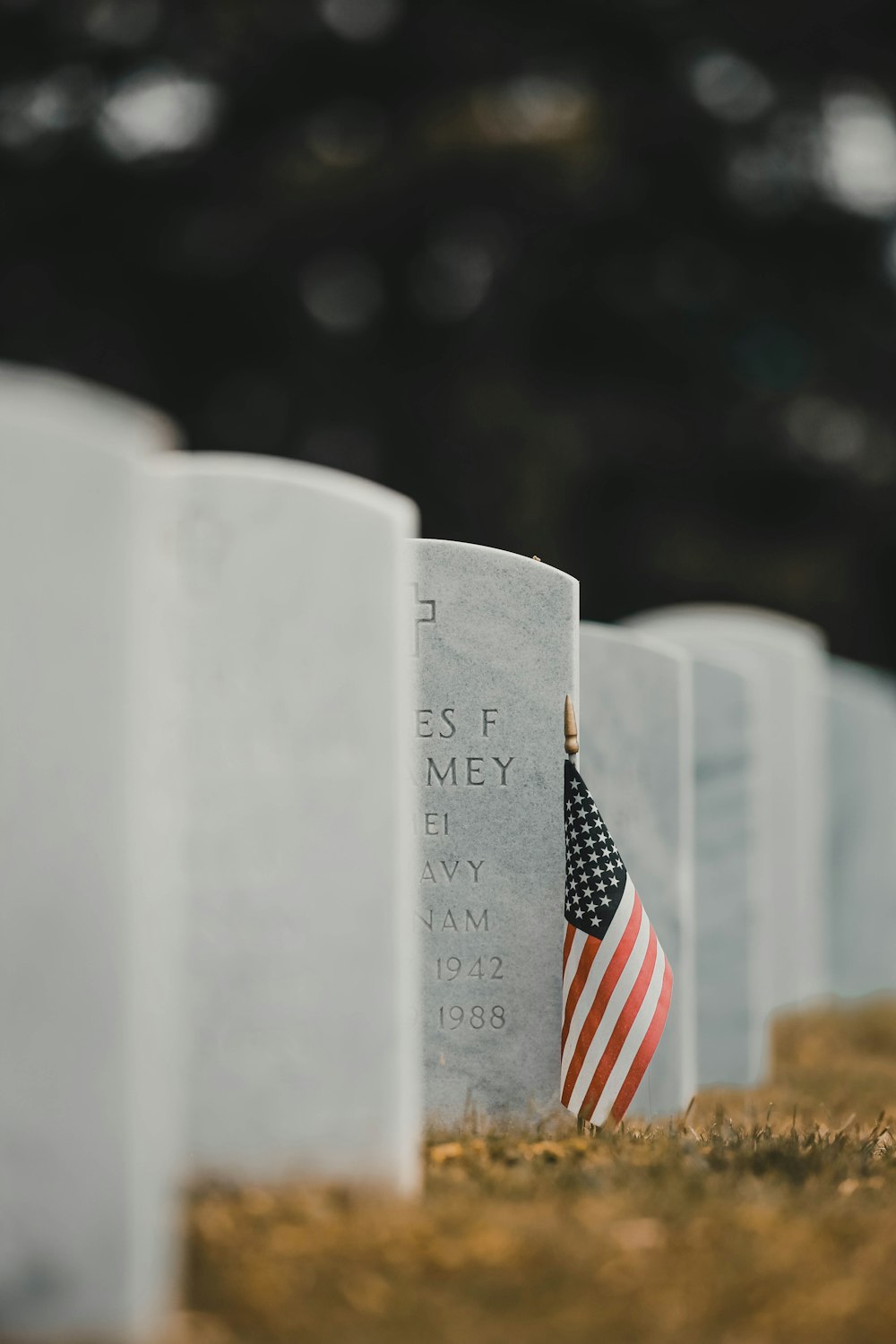
For those in the United States, Memorial Day serves as the unofficial start of summer. Memorial Day weekend kicks off a season of swimming, boating, picnics, and travel. And as we begin to venture out in a post-pandemic season, many are anxious to get out more than ever.
But Memorial Day represents much more than a day off work or a chance to pull out the grill. It’s a day to honor our military service personnel who made the ultimate sacrifice. It’s easy to post a meme on social media saying we honor these soldiers. Or, we may even attend a ceremony at a local cemetery. But for those families who have lost someone while serving in the armed forces, Memorial Day is every day.
The Greatest Generation
My family has a long history of military service. In my genealogy research, I’ve learned some of my family lines traced back to the Revolutionary War. I had relatives who served in World War II and Korea. My dad, along with several uncles, served during the Vietnam era. Thankfully, of the family members I knew personally, they all made it home. Although, the ones who saw combat came home with mental and emotional scars that kept them from ever sharing their stories.
One family member who didn’t return was my great-uncle, Rowan Dethlefs. He served during World War II so I never had the chance to know him. But thanks to family stories, and with what I filled in with newspaper articles, I have leaned a lot more about him, and especially about his time in service.
When the United States entered World War II, young men from across the country were called to service. Rowan was one of the many who didn’t come home. He was killed in action only months before the war ended.
A Service Record of Honor
Rowan Dethlefs (born March 20, 1920) grew up in a rural area of central Nebraska. He was the son of Henry and Elizabeth (Parker) Dethlefs. He entered military service in December 1942.
After completing basic training, Rowan first saw action in north Africa. But in the summer of 1943, he headed to Italy where he earned an award for meritorious service during a campaign in Sicily. He then travelled to England for training for one of the most challenging Allied campaigns of the war. Rowan’s unit would serve as part of the operations to liberate France, beginning with the D-Day invasion at Normandy. Following the action in France, Rowan participated in battles across Holland, Belgium, and Germany as a member of the 18th Infantry, an anti-tank regiment.
As the war drew to a close, Rowan’s regiment moved across Germany. On March 17, 1945, he was struck by shell fragments. He was taken to a field hospital, but died the next day from his wounds. Rowan was initially buried in a temporary Allied military cemetery in Germany. He would later be reburied at Henri Chapelle Military Cemetery in Belgium. In 1947, his remains returned to Nebraska where he received full military honors as he was laid to rest, finally back home.
Major General Edward Witsell posthumously awarded Rowan with the Bronze Star, Oak Leaf Cluster, and Purple Heart for acts of “heroic achievement in connection with military operations against the enemy in Normandy, France, June 8, 1944, and in Germany on December 1, 1944.”
The Real Story of War
During his time in Europe, Rowan sent letters home when he could. And, on several occasions, the family allowed the local newspaper to reprint some of the letters in order to give the community a look into the realities of the war. Although letters from the front lines were often redacted by military censors, Rowan provided a glimpse into his life as an infantry soldier. He outlined some of the places he had seen, as well as his thoughts on the role he played in the war effort.
While reflecting on his experiences during the fighting in France, Rowan described his view of the Falaise Pocket battle. In the weeks following the landing on the beaches of Normandy, Allied forces pushed their way further inland. At Falaise, the Allies trapped a large portion of German troops, allowing the Allies to continue their advance to liberate Paris. Rowan wrote:
We had the Germans encircled and we had the high ground. I was sitting on the highest hill with a pair of field glasses. The whole valley was nothing but smoke and fires.”
-PFC. Rowan Dethlefs in a letter to his parents (Reprinted in the Sherman County Times)
In September 1944, Rowan’s letter came from the frontlines in Holland. In the midst of battle, he stated:
I am sitting here sweating out the German artillery, so you see this is not a very nice place to write a letter.
-PFC. Rowan Dethlefs in a letter to his parents (Reprinted in the Sherman County Times)
New Life In the Midst of the Dead
In one of Owen’s letters, he refers to his sister, Florence, naming her baby after him should she have a boy. Florence happened to be my grandmother. And that baby was my dad. His middle name is Rowan, named after the uncle he would never meet.
In his letter, he wrote not of the current war but of the future:
Tell Florence I don’t care if she names her baby after me, but let’s hope he doesn’t have to go through what his uncle is.”
-PFC. Rowan Dethlefs in a letter to his parents (Reprinted in the Sherman County Times)
Why Memorial Day
While you’re at the lake, grilling with family, or hitting the road on vacation, please enjoy. But also, please take time to remember all who made the ultimate sacrifice so we could enjoy a summer of fun memories. I can’t speak for all who have served, and I certainly can’t tell the stories of those who lost their lives in service. But I can tell the stories of my family, the story of PFC. Rowan Dethlefs.
Memorial Day isn’t just about remembering how they died. It’s about telling the stories of how they lived.
Reignite your creativity!

Subscribe to get new content, monthly newsletter, and important updates. You'll also receive a free download - "30 Days of Creative Inspiration."



